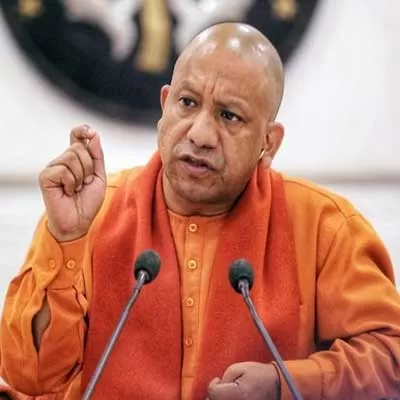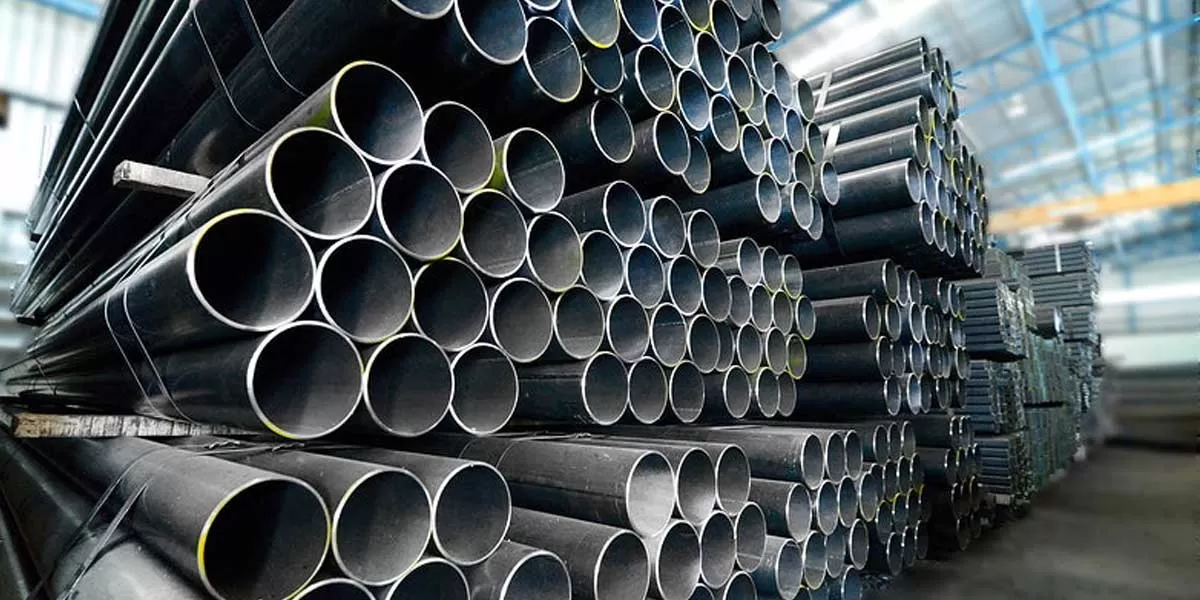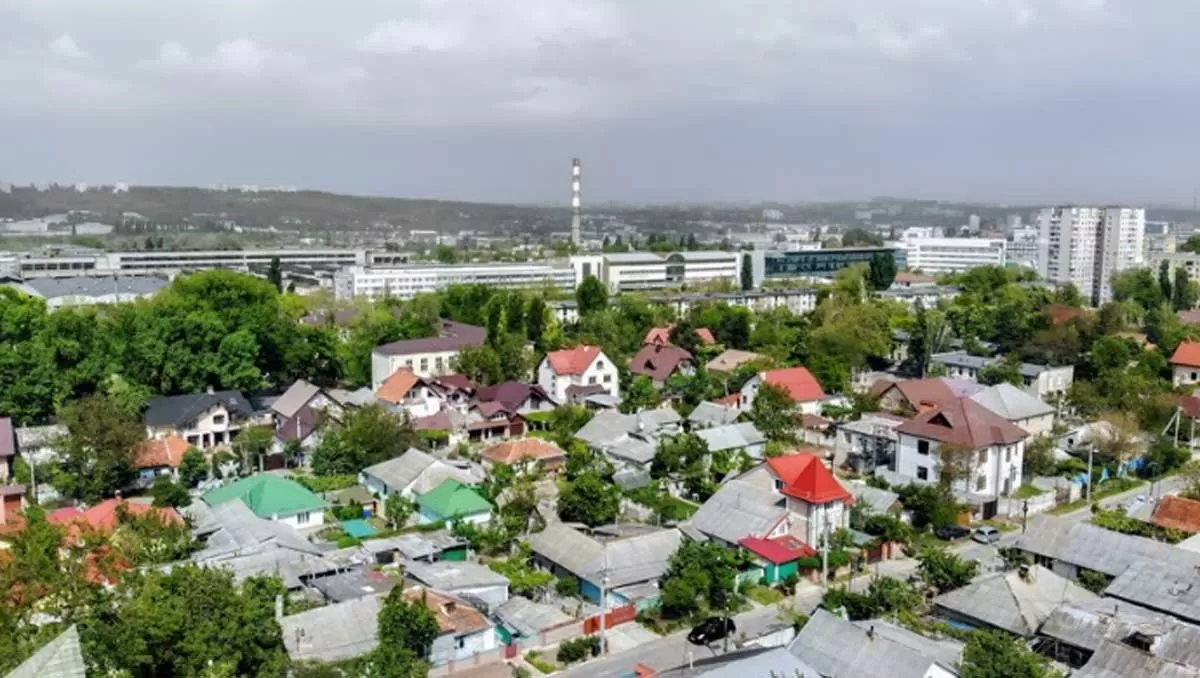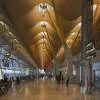Redefine the future of urban mobility! Join us at the Metro Rail Conference 2025 to explore groundbreaking ideas and insights. 👉 Register today!

Maha Kumbh to Drive Economic Growth of Rs 2 Trillion: Yogi Adityanath
Uttarakhand Chief Minister Yogi Adityanath announced that the Maha Kumbh, expected to draw 40 crore devotees this year, is projected to contribute Rs 2 trillion to economic growth. Speaking at the "Divine Uttar Pradesh: The Must Visit Sacred Journey" conclave, Adityanath credited Prime Minister Narendra Modi for inspiring pride in India's heritage. Highlighting the event's economic impact, the Chief Minister noted that the 2019 Maha Kumbh had contributed Rs 1.2 trillion to Uttar Pradesh’s economy. He added that in 2024 alone, over 160 million devotees visited Kashi Vishwanath in Varanasi, w..

Tata Steel Reports 8% Rise in India Sales for Q3 FY25
Tata Steel reported an 8% increase in sales in India for the December 2024 quarter, reaching 5.29 million tonnes (mt), compared to 4.88 mt in the same period last year. The growth was attributed to fresh capacity additions and higher export volumes. Internationally, sales in the Netherlands grew to 1.53 mt from 1.30 mt, while sales in the UK declined to 0.56 mt from 0.64 mt due to operational changes. In Thailand, sales rose to 0.28 mt from 0.25 mt. Production in India increased by 6% to 5.68 mt, supported by new capacity at the Kalinganagar facility, which added 5 million tonnes per annum (..

MahaRERA Suspends 1,950 Real Estate Projects for Non-Compliance
To safeguard homebuyers' interests, the Maharashtra Real Estate Regulatory Authority (MahaRERA) has suspended the registration of 1,950 real estate projects statewide after developers failed to respond to notices about status updates. Over 3,499 additional lapsed projects are likely to face similar action, according to a MahaRERA statement on January 9. The regulatory authority has also frozen the bank accounts of these developers. This enforcement follows show-cause notices issued in December 2024 to 10,771 projects, primarily in the Mumbai Metropolitan Region, for failing to comply with man..















